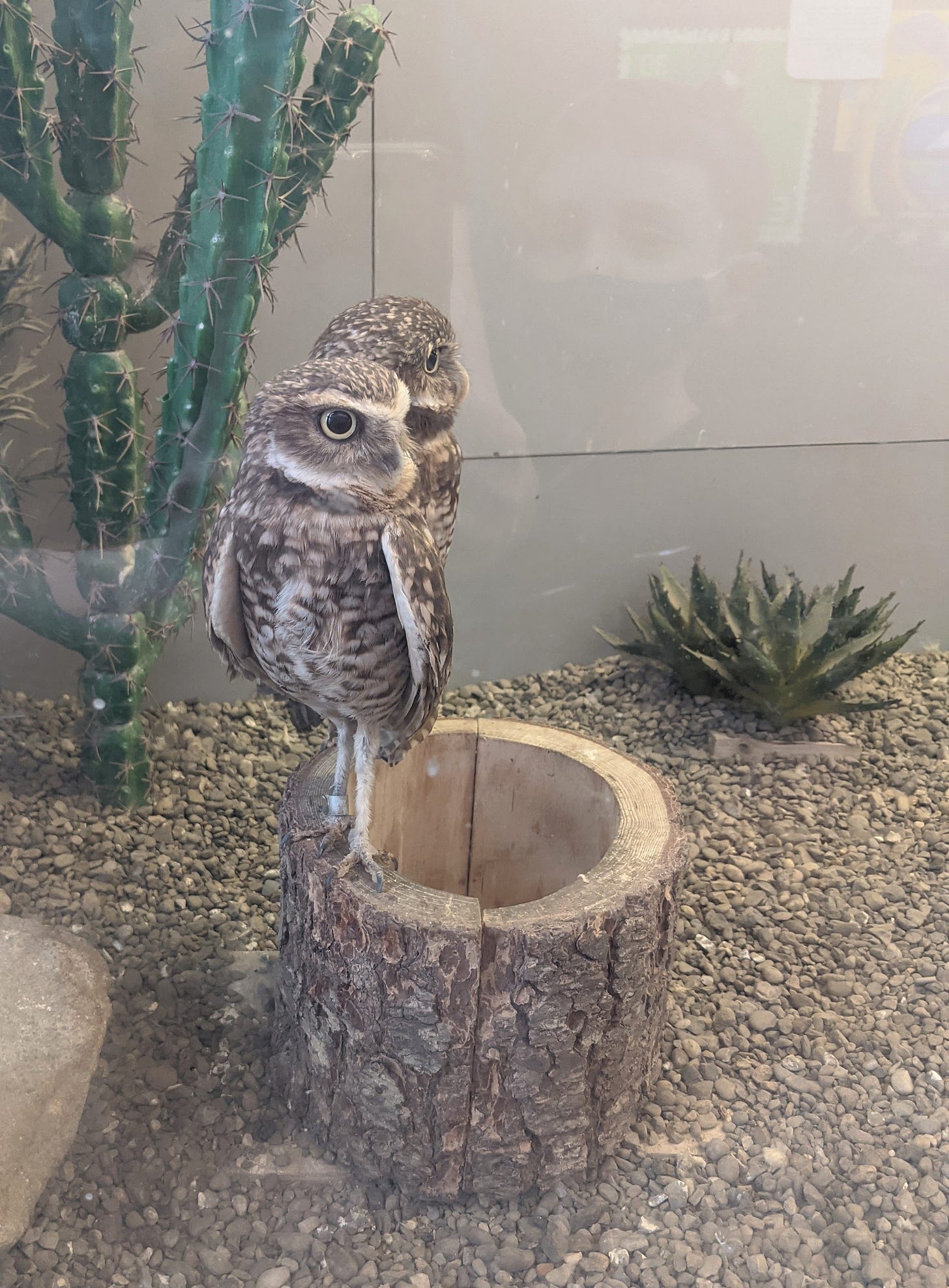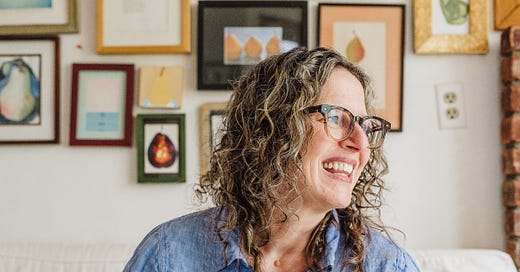During my MFA, I took one lit studies grad seminar, a course on contemporary poetry, and that was enough to convince me a PhD in Literature was not for me. The professor was smart and generous, and the other students were engaged, sharp readers - but the discussions of poems were often weighted with a theoretical apparatus that felt very far from the things that mattered to me.
I did pick up one term in those conversations, though, that I’ve been thinking about a lot recently: re-enchantment. As best as I remember, it has to do restoring or re-seeing the magic and wonder in the world. (I found what looks like a decent summary of the concept here, I imagine someone out there is dying to correct me; please feel free to add more info in the comments.)
Re-enchantment feels important now because so many of us have spent so much time in the same circumscribed domestic landscapes. It’s hard to see the spaces around us with the fresh eyes that are often necessary for writing poems. And it can be hard to find the magic in our own writing when the world is so much.
Today’s prompt uses a fun digital tool - the Lazarus Corporation Text Mixing Desk - to try to re-find the strangeneness in a piece of writing.
Prompt #11: Lazarus
Find an old poem - one that never quite worked, that felt too baggy or flat, or otherwise just didn't come together. You could also try using the raw freewriting text from either of the Lynda Barry prompts - #6 or #10. (Longer may be better here.)
Copy and paste the text into the Lazarus Corporation's Text Mixing Desk to see what shakes out. The Text Mixing Desk has two settings you can control, the cut-up generator and the echo chamber, so you can produce multiple versions of the same text. Try a couple versions and cut and paste the resulting text from each into a new word or google document.
The Text Mixing Desk is going to produce a lot of nonsense - so your task is to sift through it and see what’s new. What odd phrases appear? What fluff falls out? Where do you get re-enchanted? Highlight or circle the language that jumps out at you, and begin your poem there.
If you’d like a formal constraint, write the poem as a series of fragments.
Sharing your work helps sustain momentum. I’ll leave the comments open, so you can share a poem title, a snippet of a line, or something else about your writing life.
Subscribe to Write More, Be Less Careful
why writing is hard & how to do it anyway











